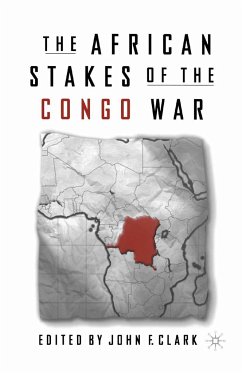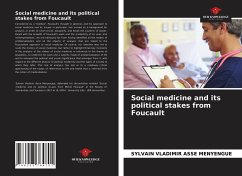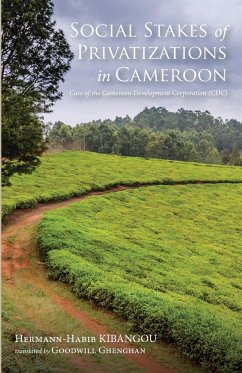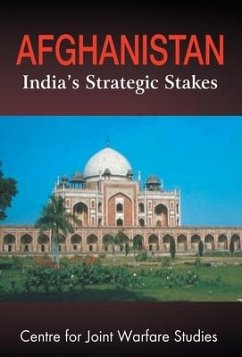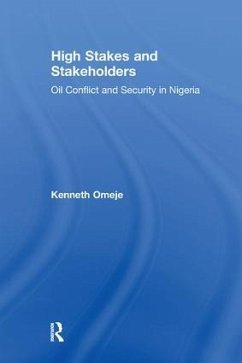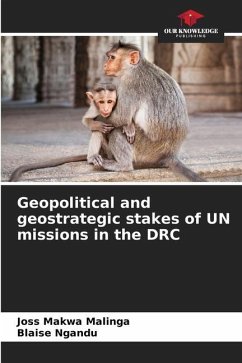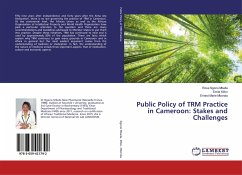
Public Policy of TRM Practice in Cameroon: Stakes and Challenges
Versandkostenfrei!
Versandfertig in 6-10 Tagen
41,99 €
inkl. MwSt.

PAYBACK Punkte
21 °P sammeln!
Fifty nine years after independence and forty years after the Alma Ata Declaration, there is no law governing the practice of TRM in Cameroon. At the continental level, the African Union as well as the African Organization of Intellectual Property and World Health Organization have paid a particular attention to the question and there are many recommendations and Guidelines addressed to Member States to put them into practice. Despite these initiatives, TRM has continued to exist and is used by approximately 80% of the population. There are facts which explain why TRM continues to gain many gr...
Fifty nine years after independence and forty years after the Alma Ata Declaration, there is no law governing the practice of TRM in Cameroon. At the continental level, the African Union as well as the African Organization of Intellectual Property and World Health Organization have paid a particular attention to the question and there are many recommendations and Guidelines addressed to Member States to put them into practice. Despite these initiatives, TRM has continued to exist and is used by approximately 80% of the population. There are facts which explain why TRM continues to gain many grounds in Cameroon and in Africa in general but the most evident argument comes from the understanding of medicine or medication. In fact, the understanding of the nature of medicine entails three important aspects: that of medication, culture and economic aspects.



